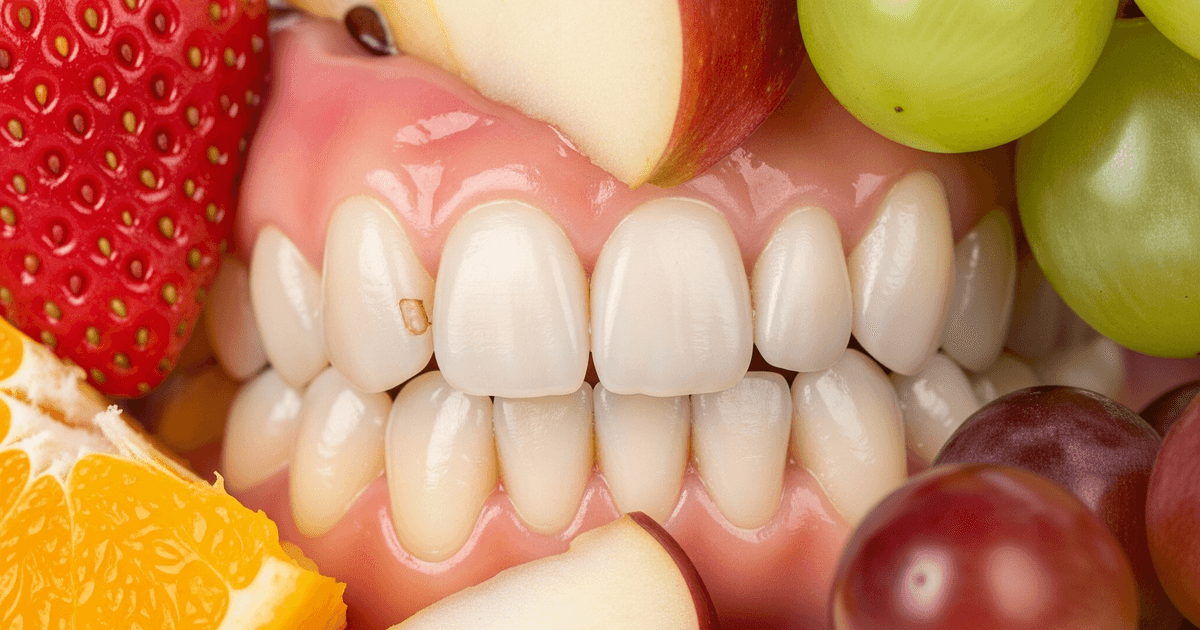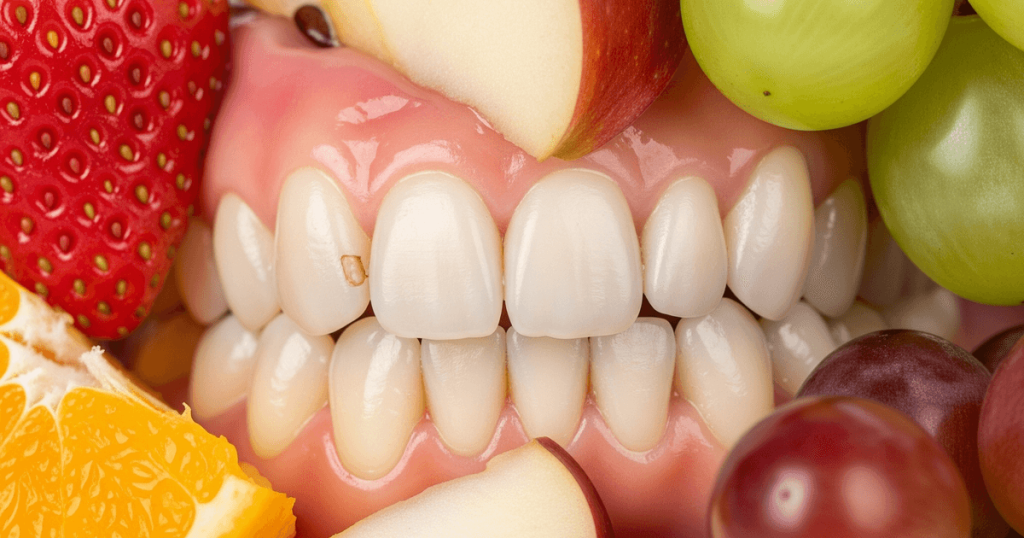Most people believe that fruits are healthy snacks that nourish and refresh the body, but doctors warn that the sugars and acids in fruit are among the most harmful substances to teeth.
Many studies have linked tooth erosion to the sugar and acid content in fruits.
A study published in the British Dental Journal showed that excessive consumption of fruit juices is associated with increased severity of tooth erosion.
It also revealed that eating whole, non-acidic fruits poses less risk to teeth.
This indicates that the way fruit is consumed, whether whole or as juice, is more important than the fruit itself and its components, according to a report by Times of India.
The Most Risky Fruits
Overconsumption of some fruits may affect teeth due to their acidity, while others are essential for digestive health.
Citrus fruits like oranges and lemons are known for their vitamin C content but are highly acidic and excessive consumption can gradually erode teeth.
Tropical fruits are refreshing and sweet, but their high sugar and acid content may affect tooth enamel.
On the other hand, apples and pears, despite their acidity, have high water and fiber content that helps stimulate saliva and naturally clean teeth.
Research shows that some fruits, such as strawberries, blueberries, and blackberries, are beneficial to the body but can stain teeth if not washed off after eating.
Bananas are low in acid and do not affect teeth, but they contain starches that may stick to teeth if not sucked or brushed away.
Whole fruits offer a balanced mix of natural sugars, fibers, vitamins, and antioxidants and are easy to chew.
However, when fruit is juiced, most fibers are lost, leaving a concentrated mix of sugar and acids that can stick to tooth enamel and feed decay-causing bacteria.
Doctors advise eating whole fruits and avoiding juicing and drinking them. They also recommend consuming fruits as part of a meal rather than as a snack.
After eating citrus fruits, it is best to wait at least 30 minutes before brushing teeth.
When drinking juice, it is recommended to drink it in one go rather than sipping slowly.
The key is not to eliminate fruit from the diet but to control the frequency and form of consumption.














Recommended for you
Exhibition City Completes About 80% of Preparations for the Damascus International Fair Launch
Talib Al-Rifai Chronicles Kuwaiti Art Heritage in "Doukhi.. Tasaseem Al-Saba"
Unified Admission Applications Start Tuesday with 640 Students to be Accepted in Medicine
Egypt Post: We Have Over 10 Million Customers in Savings Accounts and Offer Daily, Monthly, and Annual Returns
His Highness Sheikh Isa bin Salman bin Hamad Al Khalifa Receives the United States Ambassador to the Kingdom of Bahrain
Al-Jaghbeer: The Industrial Sector Leads Economic Growth